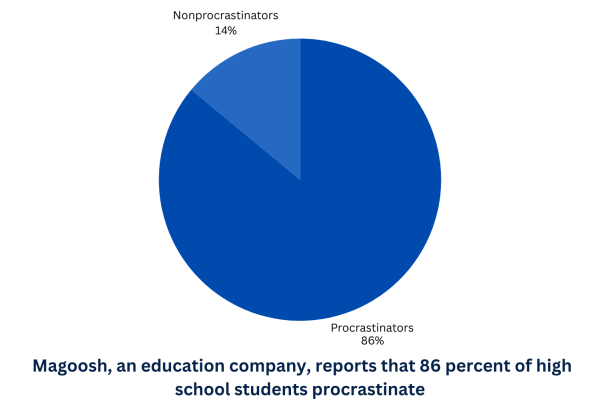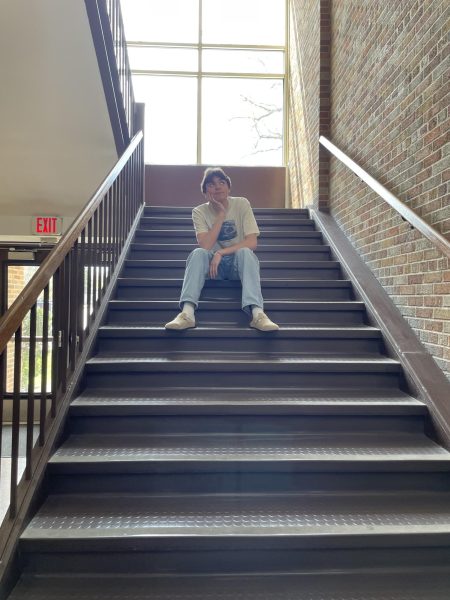The Message Behind the Masks
Men fly at heights that would terrify birds, women send buildings crumbling with a flick of their wrist and teenagers scale skyscrapers during their lunch periods. Superhero movies and television shows enchant us with stories of ordinary people gifted with extraordinary abilities, harnessing their powers to save our world from incomprehensible evil. As Marvel continues to dominate the box office and as lesser known franchises such as the “Umbrella Academy” creep to the forefront of popular culture, it’s hard to deny that superhero stories have captured the popular imagination in a way that few genres have. But while it’s clear that superheroes such as Iron Man and Wonder Woman are here to stay, these caped crusaders are often short-changed in explanation of their lasting, worldwide appeal.
Frequently, the popularity of the superhero genre is pinned on its tendency to whisk us off to a world that, despite intergalactic threats and mass carnage, feels more safe and comforting than our own.
In stark opposition to a world rife with war, ideological polarization and moral ambiguity, superhero movies and television shows make it abundantly clear who we are supposed to be rooting for, painting their villains as inarguably immoral regardless of any sympathetic backstory. And the audience can always count on the hero to defeat these paragons of evil within a matter of hours.
Admittedly, superhero movies and television shows are a cathartic release for a world far too aware of the fact that lasting change typically unfolds over centuries and that real-world villains tend to hide behind suits instead of melodramatic masks.
However, to argue that public fascination with superheroes mounts to little more than a hunger for escapist fantasy underestimates the intelligence of both the genre and its audience.
Superhero movies and television shows do provide us with worlds that are in many ways more optimistic and clear-cut versions of our own. However, the true value of the genre is that, at its best, it utilizes these fantastical settings to provide a safe place where the audience can confront both the internal and external struggles plaguing the real world through a lens of hope instead of futility.
Marvel’s 2017 blockbuster “Black Panther” wastes no time in demonstrating how the cruelty of turning one’s back on the rest of the world allows for the rise of both physical foes, such as Killmonger, and more intangible challenges in the form of poverty and prejudice. While such commentary on U.S. foreign policy is hardly original, “Black Panther” ultimately proves its point with moving anecdotal evidence in which the audience is awakened to the unintentional ramifications of isolationism at the same time as T’Challa. More importantly, by placing the story within the futuristic and extremely prosperous nation of Wakanda instead of modern-day America, the film avoids any knee-jerk defensive reaction from its audience surrounding American isolationism. Thus, viewers are left more receptive to the movie’s calls for world unity, convinced that acts of altruism can produce real generational change as they watch T’Challa build an outreach center in Killmonger’s former neighborhood.
In the Netflix original “The Umbrella Academy,” secretive time travel organizations and chimpanzee butlers create an atmosphere that is equal parts mesmerizing and mysterious, yet the show pays far more attention to the estrangement of the six superpowered Hargreaves siblings than the minutiae of the apocalypse they are trying to prevent. By eventually revealing the alienation of one of these siblings as the trigger of the end of the world, “The Umbrella Academy” forces its viewers to contend with the vast fallout of familial trauma and conflict in a way that more grounded dramas rarely can. At the same time, the siblings’ commitment to repairing their relationships with each other in the second season provides strong inspiration for viewers that healing is not only possible but essential to saving their own worlds.
While not all of the entries in the superhero genre manage to achieve this level of depth, engaging viewers more with costumes than complex messages, films and shows like the ones above deserve far more credit than being labeled as mere escapism. At its best, the superhero genre takes viewers on journeys through cities overrun by artificial intelligence or warring planets and somehow gifts us a slightly more empowered and open-minded lease on life. Perhaps, it is this tendency to wrap up the truth in such an unusual amount of hope, more so than any sprawling battle scene or story telling gimmick, that has won over the superhero genre fans in nearly every corner of the world.








